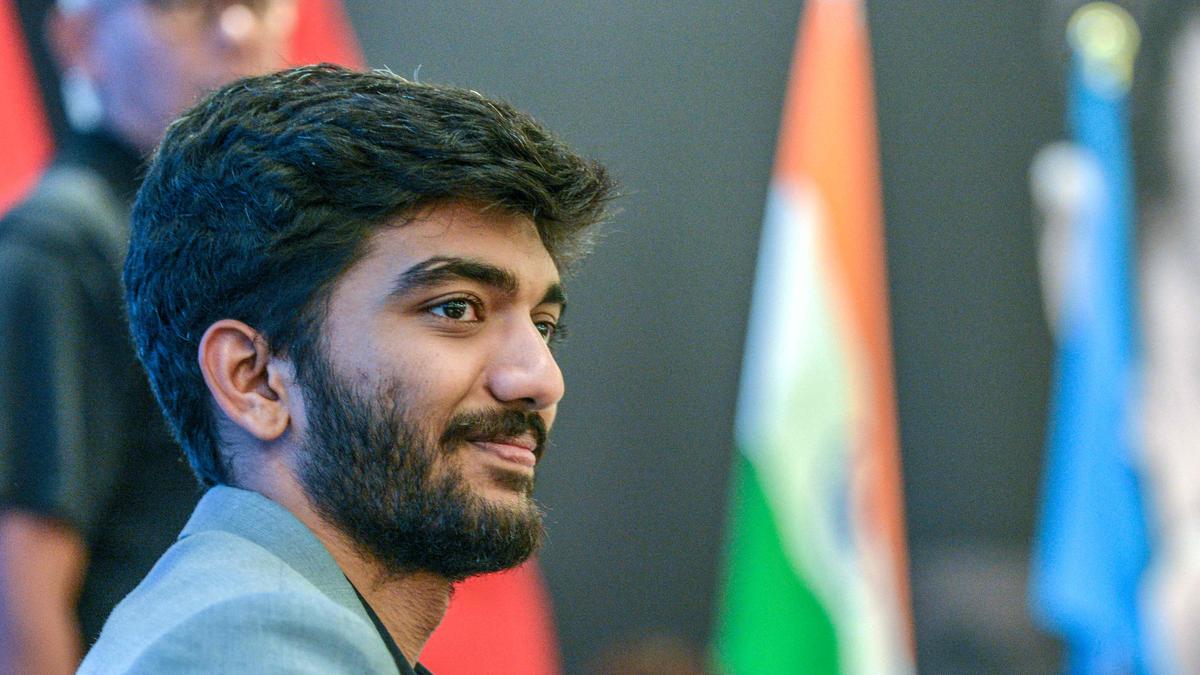 |
|
The dramatic final moments of the World Chess Championship match between Gukesh and Ding Liren, captured vividly on YouTube, reveal not only a chess victory but a testament to the power of a well-structured and supportive system. The video shows Gukesh's initial disbelief at Ding's blunder, followed by a period of careful consideration, a moment of quiet contemplation, and finally, the decisive capture of the rook. This sequence perfectly encapsulates the emotional journey of a young prodigy transforming into a world champion. His subsequent calm and assured demeanor, a stark contrast to his initial emotional response, highlights the maturity and discipline honed through years of rigorous training and mentorship.
The article emphasizes the crucial role of fearlessness in achieving championship status, a quality exemplified by Gukesh and the younger generation of chess players. Ding Liren himself acknowledges this fearlessness in players born after 2000, recognizing a new breed of competitors willing to experiment with strategies perhaps not considered by previous generations. This boldness, combined with strategic brilliance, solidified Gukesh's victory. Beyond the game itself, the win is a significant victory for India, emphasizing the nation's exceptional chess training infrastructure, from grassroots level coaching to the supportive parental involvement vital to nurturing young talent.
India's impressive roster of 85 grandmasters stands as a powerful testament to the nation's highly effective chess development program. The structured approach, from school programs and clubs to dedicated coaching and parental support, has created a fertile ground for cultivating exceptional talent. This system, arguably the best in the world, serves as a valuable model for other sports aiming to achieve similar levels of success on the global stage. The article highlights the inevitability of an Indian player rising to the world championship title, a consequence of the nation's systematic approach to player development.
Gukesh's personal journey underscores the collaborative efforts that contributed to his triumph. His parents, actively involved in his development, recognized and nurtured his talent from a young age. They followed the advice of schools, teachers, and coaches who identified Gukesh's potential, making significant sacrifices of time and resources to support his chess career. This commitment highlights the symbiotic relationship between individual talent and a supportive environment—a collaboration crucial to achieving greatness. The article emphasizes that Gukesh's success is not merely an individual achievement but the product of a comprehensive system that fosters talent and provides the necessary support for its growth.
The aftermath of Gukesh's victory brought about a surge of national pride, though the article cautions against overly nationalistic interpretations of the win. While news channels framed the victory as a triumph over China, the focus should remain on celebrating Gukesh's individual accomplishment and the success of India's chess system. The presence of five-time champion Viswanathan Anand as a mentor to Gukesh is reassuring, as Anand's experience navigating the emotional tides of Indian sports culture provides valuable guidance. The article concludes by proclaiming Gukesh as a role model, not only a champion in a sport played by millions but also an individual embodiment of the power of dedication, perseverance, and a supportive system.
Source: Gukesh’s World chess championship title is triumph of the system
